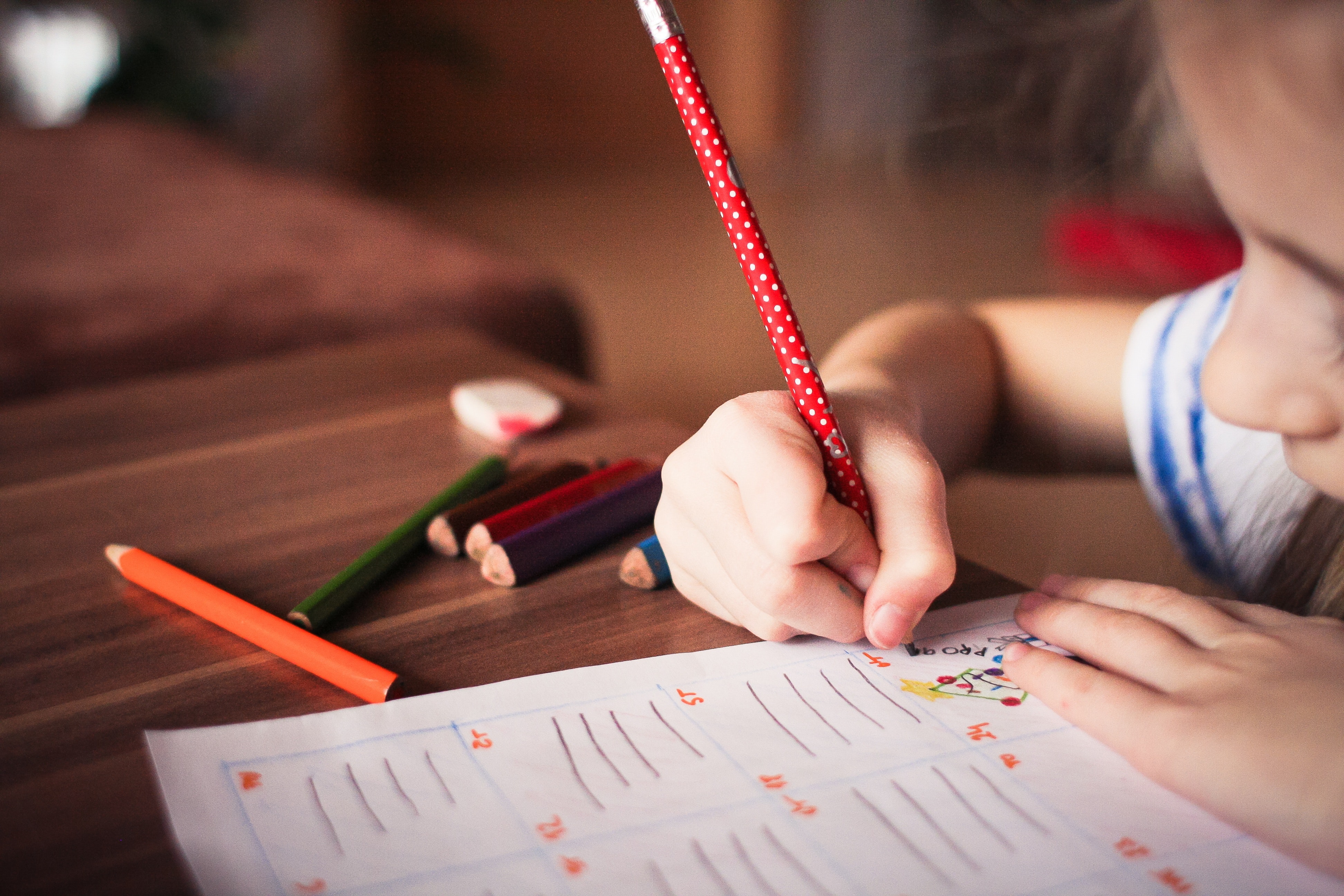
Social and Emotional Learning (SEL) determines our ability to understand and manage emotions, set and achieve positive goals, feel and show empathy for others, establish and maintain positive relationships, and make responsible decisions. Recognizing the essential role this process plays in a child’s development, a growing number of schools and districts are incorporating SEL into their strategic plans and curricula. Our reports serve as resources to guide this implementation and discuss the science behind SEL.
Preventing Bullying Through Science, Policy, and Practice
Bullying has long been tolerated as a rite of passage among children and adolescents. There is an implication that individuals who are bullied must have “asked for” this type of treatment, or deserved it. Sometimes, even the child who is bullied …
Approaches to the Development of Character: Proceedings of a Workshop
The development of character is a valued objective for many kinds of educational programs that take place both in and outside of school. Educators and administrators who develop and run programs that seek to develop character recognize that the …
Early Childhood Assessment: Why, What, and How
The assessment of young children’s development and learning has recently taken on new importance. Private and government organizations are developing programs to enhance the school readiness of all young children, especially children from …
On September 14, 2017, the Roundtable on Population Health Improvement of the National Academies of Sciences, Engineering, and Medicine convened a workshop to explore the intersection of health and early childhood care and education, two key …
Research based on decades of experience in the developing world has identified educational status, especially the status of the mother, as a major predictor of health outcomes and that the literature indicates that the gradient in health outcomes …
Building Capacity to Reduce Bullying: Workshop Summary
Bullying – long tolerated as just a part of growing up – finally has been recognized as a substantial and preventable health problem. Bullying is associated with anxiety, depression, poor school performance, and future delinquent behavior among …
Many measurement systems to monitor the well-being of children and guide services are implemented across the community, state, and national levels in the United States. While great progress has been made in recent years in developing …
What children and adolescents do and learn in the summertime can have profound effects on their health and well-being, educational attainment, and career prospects. To explore the influence of summertime activities on the lives of young people, …





























